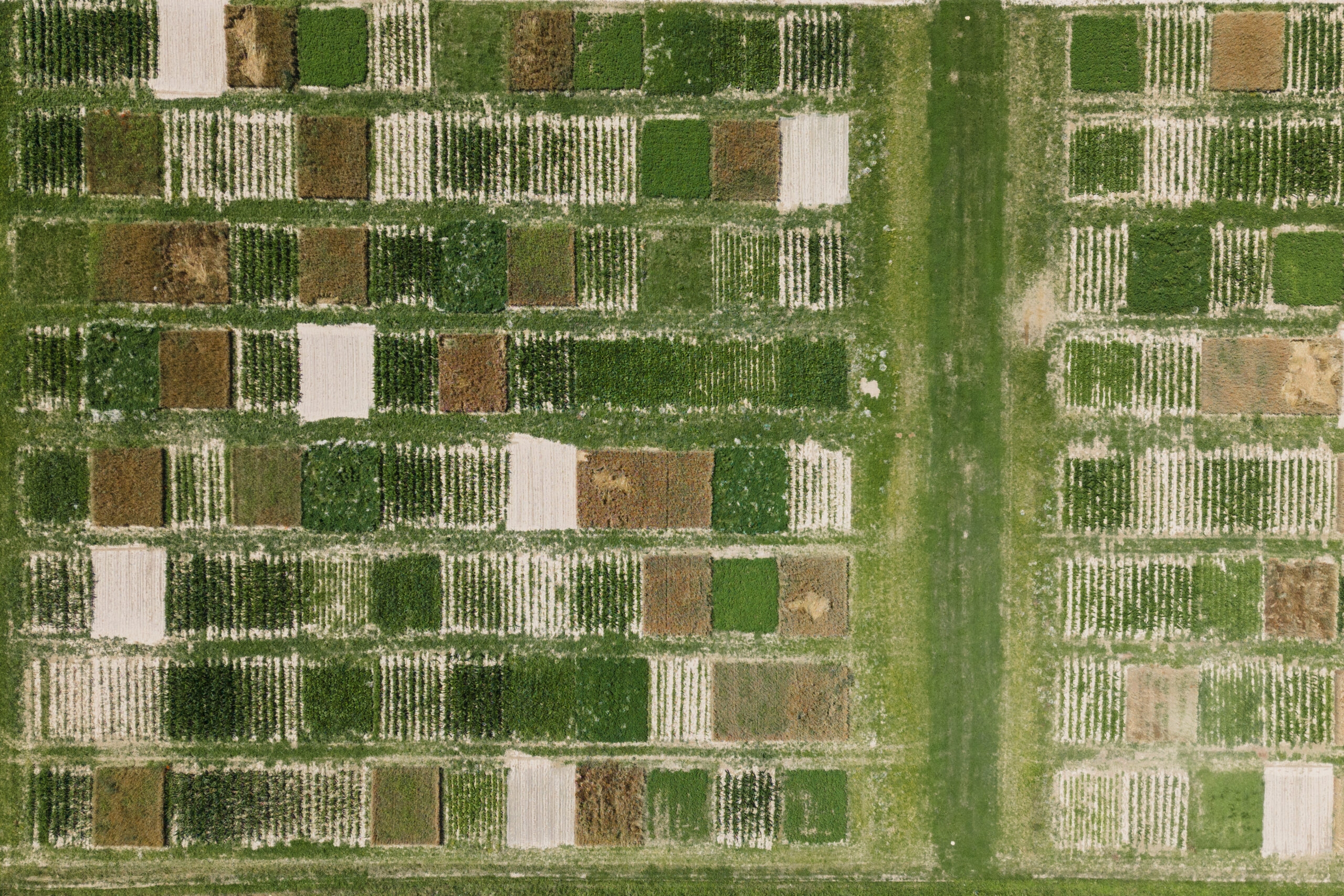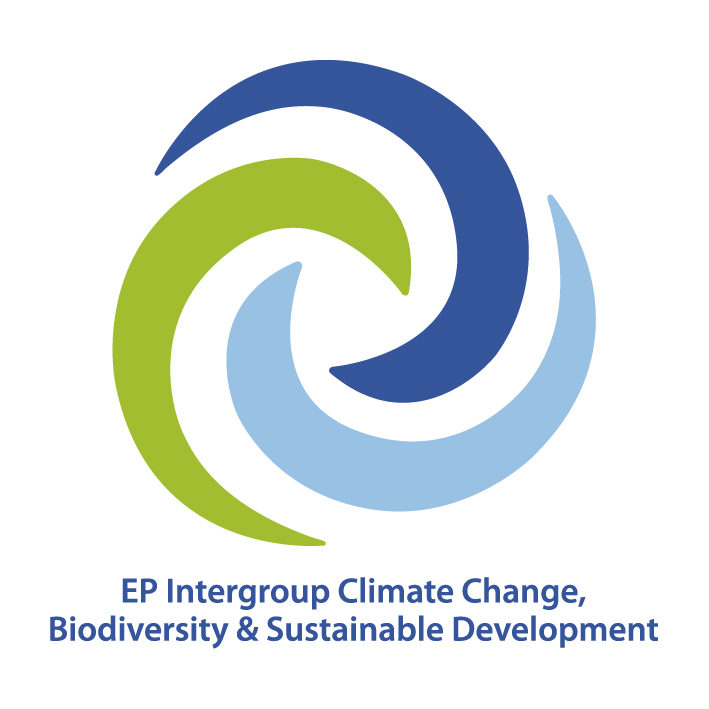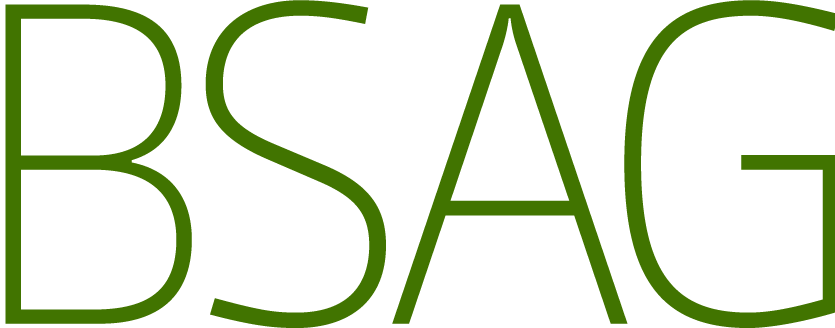
Hybrid Event: Nature-based solutions to increase carbon sinks on land
Thursday 21st of September 2023, 13:15 – 15:00 CEST
Hybrid event held at the European Parliament (Room PHS 7C50) & online
Hosted by MEP Elsi Katainen
Vice-Chair of the European Parliament Intergroup on ‘Climate Change, Biodiversity and Sustainable Development’
The Paris Agreement and its target to limit the increase in the global average temperature to “well below 2°C” will require a drastic reduction of human-induced emissions of GHGs (the sources) as well as a significant increase of their uptake (the sinks), either by nature or through advanced technological solutions. Different concepts have been used to describe actions intending to increase the sinks of carbon: Carbon Dioxide Removal, Carbon Farming, Blue Carbon, Blue Forest, etc.
The European Commission issued in December 2021 a Communication on Sustainable Carbon Cycles[1] which sets out an action plan to develop sustainable solutions to increase carbon removals. Among these solutions are green business models that reward e.g. farmers and forest owners for taking up improved land management practices that help capture carbon from the atmosphere and store it in soil or biomass in a sustainable way. Endorsed by the Council in April 2022[2], the Communication states unequivocally that “all carbon removals need to be accounted in full transparency” and that the necessary certification framework should rely on a “robust monitoring, reporting and verification of carbon removals”. This led in November 2022 to a proposal by the Commission for a Regulation establishing a Union certification framework for carbon removals[3] that reiterates the need for a robust, solid and transparent carbon accounting system.
As a result, this event will explore how the environmental scientific capability built in the European Union through Research Infrastructures (like ICOS and the ENVRI Community) can be mobilized to support the establishment of a reliable certification framework for carbon removals. The event aims at raising awareness of the scientific opportunities and challenges behind a reliable evaluation of nature-based carbon removals; in particular, the combined roles of observation data, models and inventories will be highlighted.
[1] https://ec.europa.eu/clima/document/download/26c00a03-41b0-4d35-b670-fca56d0e5fd2_en?filename=com_2021_800_en_0.pdf
[2] https://eur-lex.europa.eu/legal-content/EN/TXT/PDF/?uri=CELEX:52021DC0800&from=EN
[3] https://climate.ec.europa.eu/document/download/fad4a049-ff98-476f-b626-b46c6afdded3_en?filename=Proposal_for_a_Regulation_establishing_a_Union_certification_framework_for_carbon_removals.pdf
FINAL AGENDA:
This event will be moderated by Lene Topp, Science for Policy expert
13:15 – 13:30: Opening remarks by:
- MEP Elsi Katainen
- Werner Kutsch, Director General, ICOS
- Kaj Granholm, Project Manager, Baltic Sea Action Group
13:30 – 14:05: Scientific presentations by:
- Claire Chenu: “How to make nature-based solutions for carbon removal on land a success for climate, environment and farmers”
- Jari Liski: “Towards a Unified Estimation (MRV) System for Land Carbon and Greenhouse Gas Fluxes: The Importance of Integrating Field and Satellite Measurements with Modeling”
- Q&A
14:05 – 14:55: Moderated open discussion with experts and Q&As with the audience:
- Christian Holzleitner, Head of Unit ‘Low Carbon Solutions: Land Economy & Carbon Removals’, DG CLIMA, European Commission
- Nicola Di Virgilio, Policy Officer, DG AGRI, European Commission
- Kaj Granholm, Project Manager, Baltic Sea Action Group
- Alex Mason, Head of Climate & Energy, WWF
- Gary Healy, Director on Regulatory Affairs, Coillte, EUSTAFOR Member
14:55 – 15:00 Closing remarks by MEP Elsi Katainen


